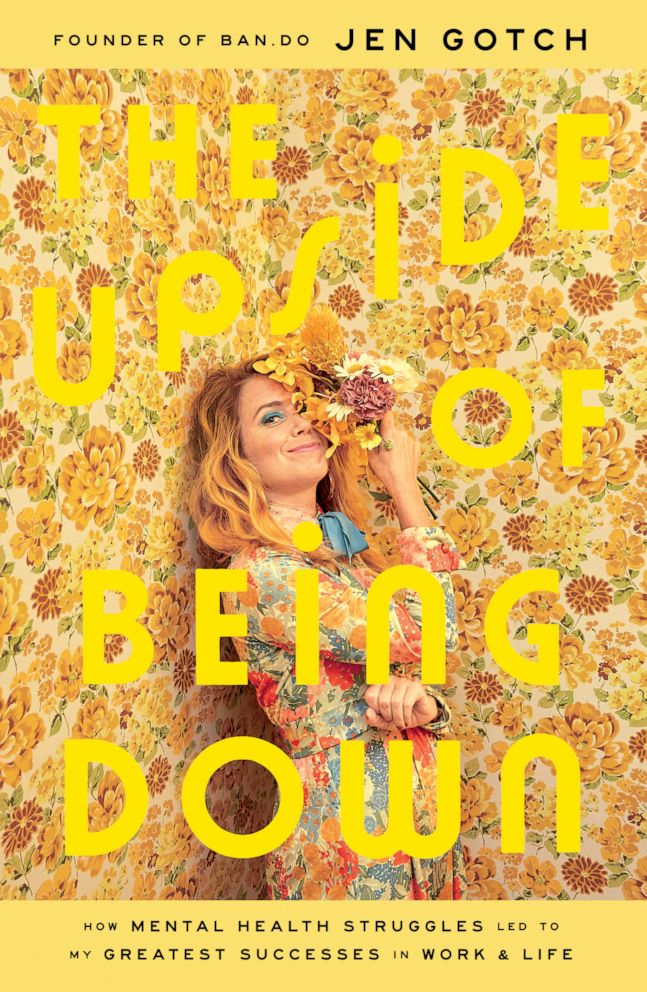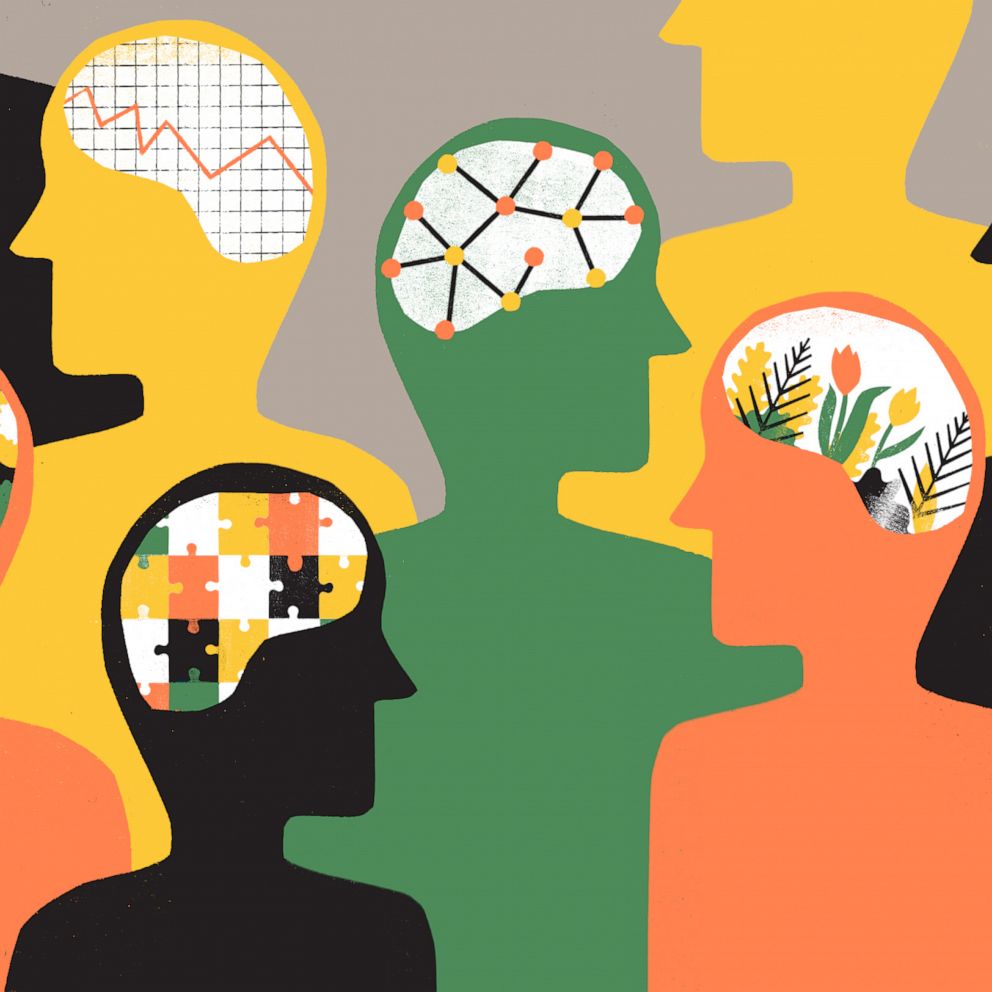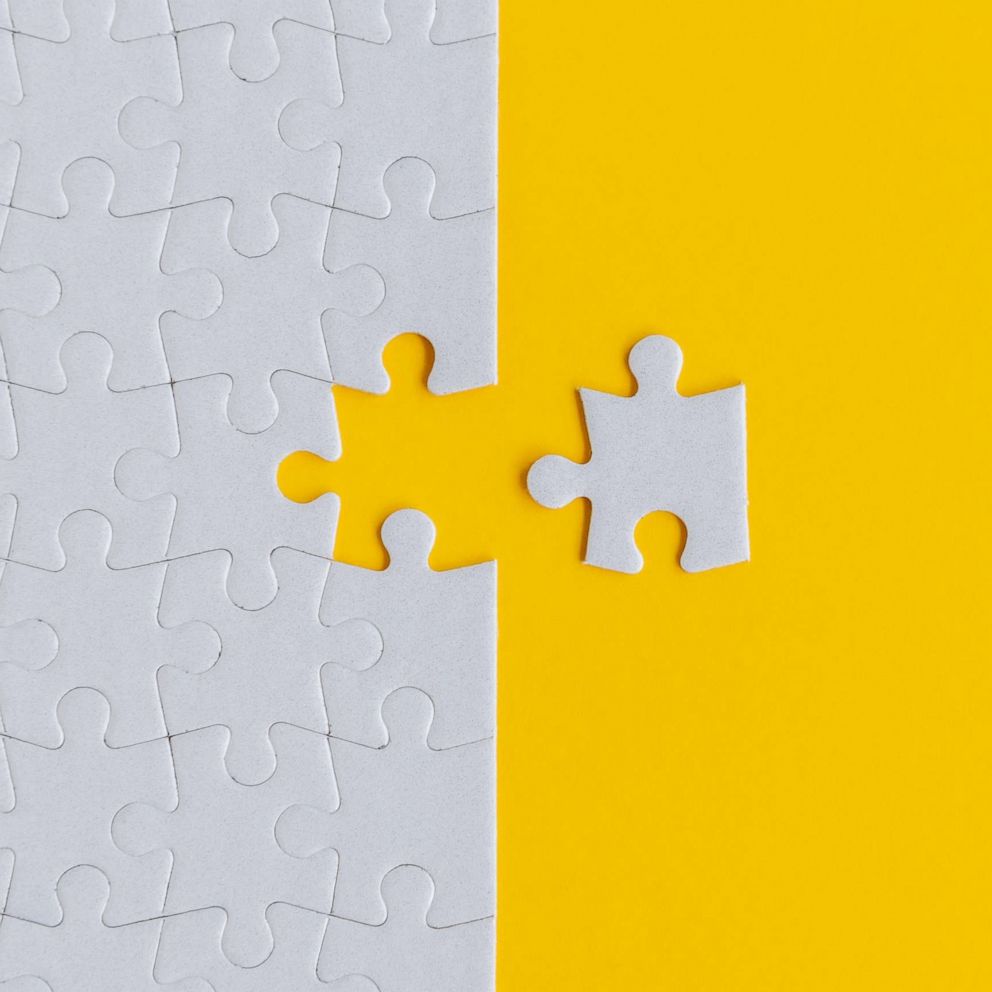Change your mindset: Bestselling author's tips on shifting your perspective from pessimism to optimism
Optimists don't obsess over negative circumstances or experiences.
Amid the coronavirus pandemic and isolation, our mental health is more fragile than ever. For Mental Health Awareness Month, "GMA" is sharing resources, tips and ways to protect your mental health.
Jen Gotch is the founder and chief creative officer of ban.do and author of the bestselling book, "The Upside of Being Down." To mark Mental Health Awareness Month, Gotch, who talks openly about her ups and down with mental illness and her path to finding success while coping with mental illness, shares her tips on shifting from pessimism to optimism in her own words. Gotch's mission has been to open a dialogue of optimism about mental health and mental illnesses instead of one defined by stigma.
Read on for Gotch's tips.
Negative thinking is totally normal. We all do it. However, it's incredibly limiting. If you struggle with anxiety, something many of us are struggling with now for the very first time, negative thinking can almost become a way of life. I once read that we have over 50,000 thoughts each day, and an estimated 70% to 80% of those thoughts are negative. But I promise you, working to reframe that mindset is worth it. Honing your ability to see an upside to any situation, especially right now, is one of the kindest and most valuable things you can do for yourself.
There is no way to avoid days in which bad things happen, but you can control how you label that day.
Optimists don't obsess over negative circumstances or experiences, but instead they approach them with gratitude, humor and acceptance. It's not about pretending to be OK, it's about truly believing that everything will be OK eventually, and that you will have a hand in that outcome.
This mindset is one of the main secrets of my success and has helped me tremendously in dealing with all of the challenges of the coronavirus pandemic.
Here are some of my tips on shifting your perspective from pessimism to optimism:
1. Take some quiet time to start to become aware of your thoughts. Many of us are so used to that ongoing narrative in our mind -- one that can often be fear-based and fraught with negativity. Building that awareness is a good place to start.
2. Recognize that the voice is not you and when it is serving up negativity, you can choose not to listen to it. My relationship with that inner voice is such that at this point I just say, "Hey, thank you for coming today. I know that in some strange way you are trying to help, but I'm OK and I don't need you today."
3. Then you can work to add positivity to that voice. I like the idea of challenging myself to find an upside to something negative. Certainly some situations make that easier to do than others, but it's a great way to start training your brain toward optimism.
4. With optimism you can recognize that there is no way to avoid days in which bad things happen, but you can control how you label that day. It means finding a way to see even the hardest days as OK days, and that holds a lot of power. It helps me to remember that the bad is there so we can know what good is, but also to teach us something -- sometimes something big, sometimes small. If you can accept the situation rather than resist it, and have gratitude for the potential enlightenment it could bring, you can find peace. With practice, this becomes second nature.
5. Acceptance is a huge part of optimism. A pessimist might spend a lot of time resisting bad news, an awful situation, etc. To many that feels like control, but in reality most things in life are actually completely out of our control. Learning to accept the fact that you can't control the situation, and instead work to control how you react to it, is another really powerful part of optimism.








